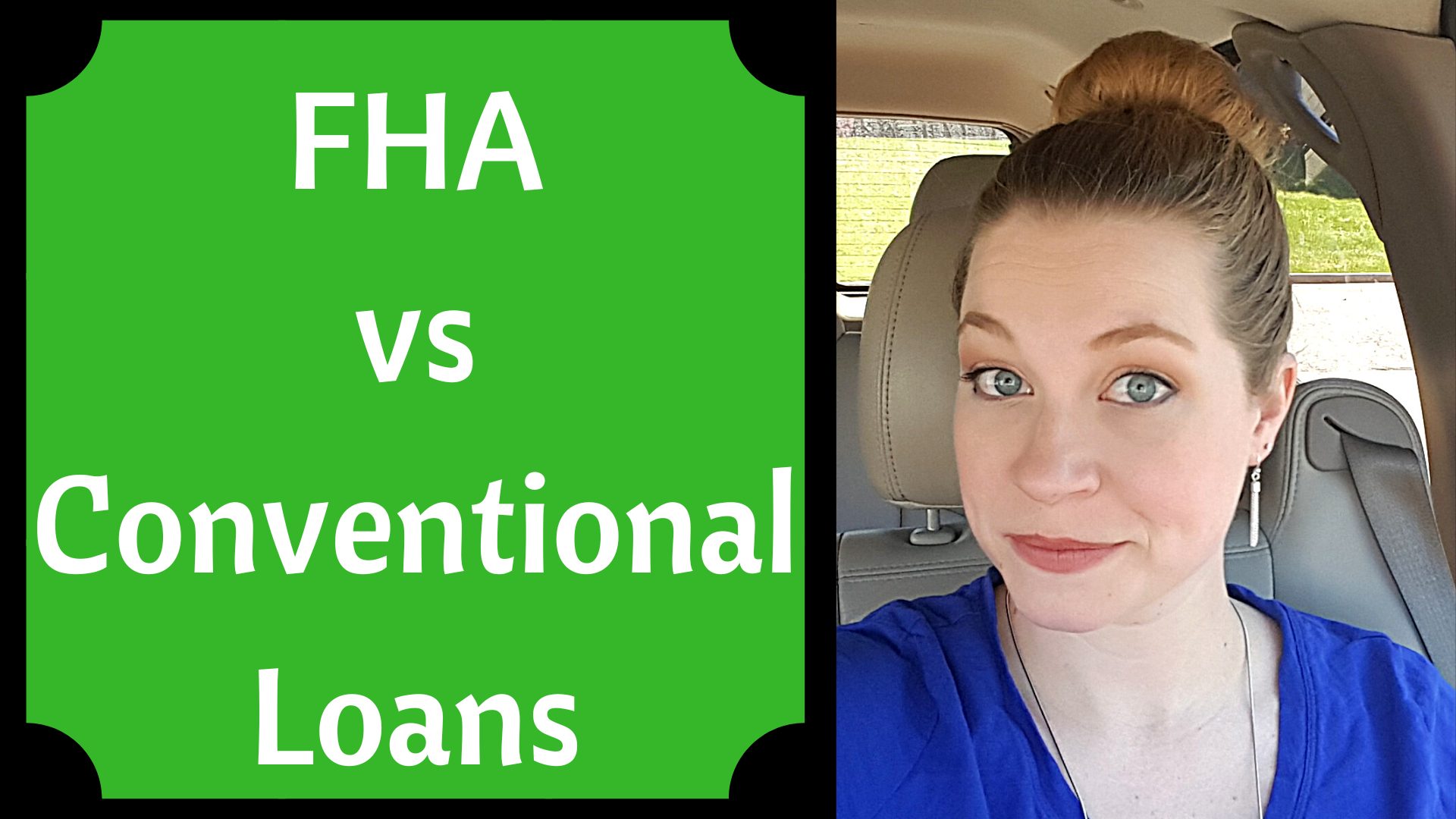Deciding which loan to choose can feel overwhelming, especially for first-time buyers. So, I’m going to break down the key differences between these two popular loan types to help you decide which one might be best for your situation. Check out the full video for more details:
What’s the Difference Between FHA and Conventional Loans?
Before diving into the pros and cons of each loan, let’s clarify the basic differences:
- FHA Loans: Backed by the Federal Housing Administration, FHA loans are designed to help individuals with lower credit scores or limited down payment funds get into a home. They’re known for offering competitive rates even if your credit score isn’t stellar.
- Conventional Loans: These are not insured by any government agency and typically require higher credit scores and larger down payments. In return, they often come with lower mortgage insurance costs and more flexibility once you’ve built equity.
Pros and Cons of FHA Loans
FHA loans are a go-to for many first-time homebuyers, and for good reason.
Pros of FHA Loans:
- Lower Credit Score Requirements: FHA loans allow you to get competitive rates with a lower credit score, making homeownership more accessible. If your credit score is in the 600s or even high 500s, an FHA loan could be your best bet.
- Low Down Payments: FHA loans typically require as little as 3.5% down, which is great for buyers who may not have a large lump sum saved for a down payment.
- More Flexibility with Debt: If you have more debt or higher debt-to-income ratios, you’re more likely to qualify for an FHA loan compared to a conventional loan.
Cons of FHA Loans:
- Mortgage Insurance for Life: One of the biggest drawbacks of FHA loans is the mortgage insurance premium (MIP), which stays with you for the life of the loan. You’ll need to refinance into a conventional loan to get rid of it down the road.
- Less Competitive in a Seller’s Market: While FHA loans are a great option for buyers, some sellers are less enthusiastic about accepting them. In competitive bidding situations, sellers may prefer conventional loans due to the perception that the process will be smoother or faster.
Pros and Cons of Conventional Loans
Conventional loans are more traditional and often favored by those with stronger financial profiles.
Pros of Conventional Loans:
- No Mortgage Insurance with 20% Down: If you’re able to put down 20% or more, you can avoid private mortgage insurance (PMI) altogether, which can save you money in the long run.
- Lower Mortgage Insurance Costs: Even if you’re putting down less than 20%, the mortgage insurance on conventional loans tends to be cheaper and drops off once you reach 20% equity in your home.
- Better in Competitive Markets: Sellers typically prefer conventional loans because they’re seen as less risky. If you’re in a competitive bidding scenario, having a conventional loan could give you an edge over other buyers with FHA loans.
Cons of Conventional Loans:
- Higher Credit Score Requirements: To get the best interest rates and mortgage insurance options, you’ll need a credit score of 740 or higher. For the absolute best deals, aim for a credit score of 760+.
- Larger Down Payments: While it’s possible to get a conventional loan with as little as 3% down, you’ll often need a larger down payment to secure the best rates. This can be a barrier for some buyers.
Which Loan is Right for You?
When FHA Loans Make Sense:
- First-Time Buyers: If you’re just getting into the market and don’t have a large down payment or a high credit score, an FHA loan is a great option to get your foot in the door.
- Lower Credit Scores: If your credit score is below 740, FHA loans offer competitive rates that you might not qualify for with a conventional loan.
- Limited Down Payment: If you don’t have 20% to put down, an FHA loan allows you to get into a home with as little as 3.5% down.
When Conventional Loans Make Sense:
- Higher Credit Scores: If your credit score is 740+, you’re more likely to qualify for a conventional loan with a lower interest rate and cheaper mortgage insurance.
- Competitive Markets: If you’re buying in a hot market with multiple offers, a conventional loan can make you a more attractive buyer to sellers.
- Avoiding Mortgage Insurance: If you’re able to put down 20% or more, a conventional loan is a no-brainer since you’ll avoid mortgage insurance altogether.
Talk to Your Lender and Realtor
Both FHA loans and conventional loans are great options depending on your financial situation. The key is understanding which loan type will benefit you the most based on your credit score, down payment, and the home you’re looking to buy. Always talk to your lender to get personalized advice for your specific circumstances. And if you’re buying in the Denver Metro area, having a local realtor who understands the market can make a world of difference.
If you have more questions about FHA vs. Conventional loans or want help navigating your home purchase, I’m happy to help. You can reach me at www.calendly.com/RealtorStacie or call me directly at 720-295-9089.

 Facebook
Facebook
 X
X
 Pinterest
Pinterest
 Copy Link
Copy Link
